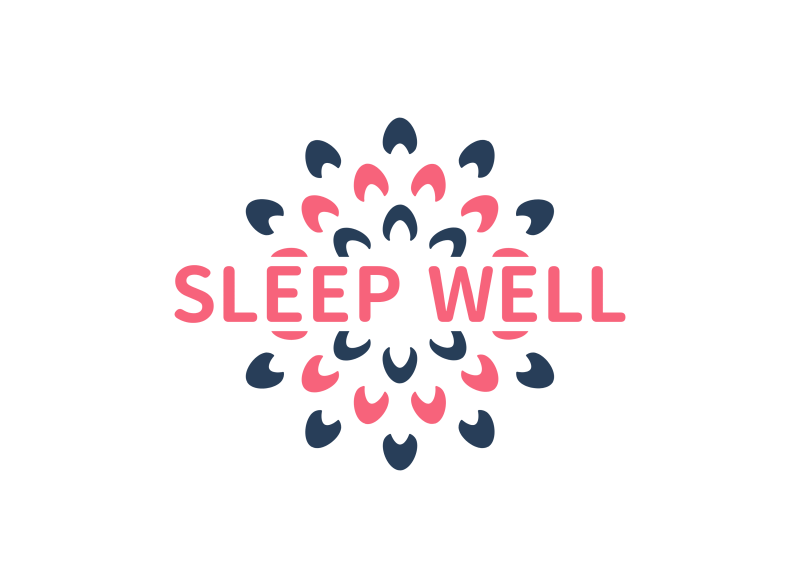How Sleep Deprivation Can Increase Anxiety Levels
Sleep deprivation can have a significant impact on your mental health, and it can increase your anxiety levels. It’s important to get enough sleep each night to ensure that your body and mind are functioning optimally.
When you don’t get enough sleep, your body’s stress response system is activated. This can lead to an increase in cortisol, the stress hormone, which can cause feelings of anxiety. Additionally, sleep deprivation can lead to an increase in the neurotransmitter glutamate, which is associated with feelings of anxiety.
Sleep deprivation can also lead to an increase in negative thinking. When you’re tired, it’s easier to focus on the negative aspects of a situation, which can lead to increased anxiety.
Finally, sleep deprivation can lead to an increase in impulsivity. When you’re tired, you’re more likely to make decisions without thinking them through, which can lead to anxiety-provoking situations.
Fortunately, there are steps you can take to reduce your anxiety levels if you’re suffering from sleep deprivation. Make sure to get enough sleep each night, and practice relaxation techniques such as deep breathing and meditation. Additionally, try to limit your caffeine intake and avoid screens before bed.
By taking these steps, you can help reduce your anxiety levels and ensure that you’re getting the restful sleep you need.
The Benefits of Sleep Hygiene for Reducing Anxiety Symptoms
Sleep hygiene is an important part of managing anxiety symptoms. It can help reduce stress, improve mood, and increase overall wellbeing. Here are some of the benefits of sleep hygiene for reducing anxiety symptoms:
1. Improved Sleep Quality: Sleep hygiene helps to create a healthy sleep environment, which can lead to improved sleep quality. This can help reduce anxiety symptoms by allowing the body to rest and recharge.
2. Reduced Stress: Sleep hygiene can help reduce stress levels by creating a calming environment. This can help reduce anxiety symptoms by allowing the body to relax and reduce stress hormones.
3. Improved Mood: Sleep hygiene can help improve mood by allowing the body to rest and recharge. This can help reduce anxiety symptoms by allowing the body to feel more energized and positive.
4. Increased Focus: Sleep hygiene can help increase focus by allowing the body to rest and recharge. This can help reduce anxiety symptoms by allowing the body to stay focused and productive.
5. Improved Memory: Sleep hygiene can help improve memory by allowing the body to rest and recharge. This can help reduce anxiety symptoms by allowing the body to remember important information more easily.
Sleep hygiene is an important part of managing anxiety symptoms. It can help reduce stress, improve mood, and increase overall wellbeing. By following a few simple steps, you can create a healthy sleep environment and reduce anxiety symptoms. So, get ready to enjoy a good night’s sleep and start feeling better today!




